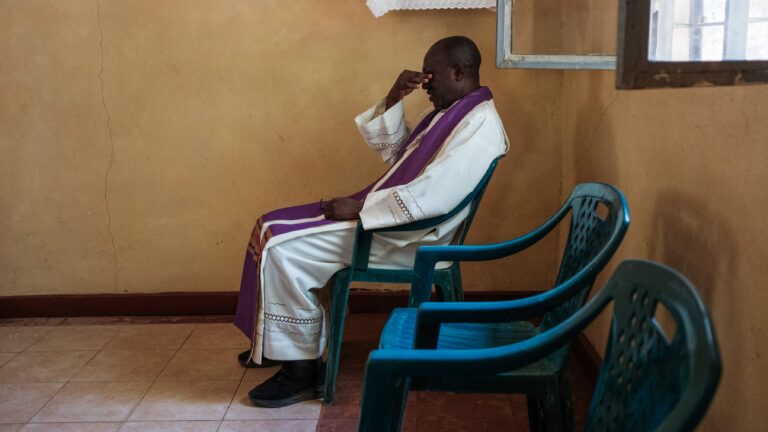The EU institutions use the provisions originally applicable to them to hold member states accountable, Ákos Bence Gát, a researcher at the Europe Strategy Research Institute of the Eötvös József Research Centre at the University of Public Service (NKE) told Hungarian daily Magyar Nemzet. Gát, who is also head of foreign relations at the Danube Institute, noted in addition that the upcoming Hungarian EU presidency will take place in a special context.
Alongside the recent resolution of the European Parliament, the usual lobbyists who speak out against Hungary have also become active, the expert explained to the daily. As a recent example, he mentioned Alberto Alemanno, Jean Monnet Professor of European Union Law at HEC Paris, who presented various alternatives to POLITICO on how to sabotage the Hungarian presidency. According to Ákos Bence Gát, it speaks volumes about someone’s attitude when they
consistently refer to Hungary and Poland as ‘rebellious’.
This implies a kind of imperial perspective, despite the original purpose of the EU being the promotion of the free cooperation of independent nations. The expert pointed out that those who attack the Hungarian presidency claim that Hungary does not comply with the rules of the Union. However, this factually does not hold true.
Gát reminded that whenever there is a presumption of a breach of EU law, the European Commission reaches an agreement with the member state through an infringement procedure, or in the absence of it, the European Court of Justice decides, and Hungary always respects its judgments. The fact that there is an article 7 procedure ongoing against Hungary also does not mean that the country has violated EU law or values. Firstly, it should not be forgotten that the procedure has not yet been concluded. By pre-emptively assuming a detrimental outcome for Hungary, one confuses ‘judgment’ with the ‘accusation,’ and by doing that,
Hungary’s critics seriously violate the principle of the rule of law,
the expert stated.
He also highlighted that the procedure under Article 7 paragraph 1 against the country cannot actually conclude by establishing that Hungary violates EU values. In this procedure, the Council of the European Union can only determine the existence of a risk of such values being violated.
Gát also remarked that the protection of fundamental rights and values was originally included in the EU treaties because member states wanted to oblige EU institutions to also comply with the legal principles derived from national constitutional traditions. However, we have now reached a point where
EU institutions use these provisions, which apply to them, to hold member states accountable,
Ákos Bence Gát emphasised.
He also added that the political hysteria surrounding the Hungarian presidency flared up so intensely because Hungary has raised the issue of creating a rule of law instrument during its presidency, which would ensure that the rule of law criteria, for which member states are held accountable, are also upheld within EU institutions, and this caused panic. Regarding the upcoming presidency, the researcher stated that it will take place in a special context as a new five-year political cycle begins after the European parliamentary elections, and during such times, fresh and new ideas can be more easily channelled into the institutional system compared to the middle of a cycle.
Read more:








